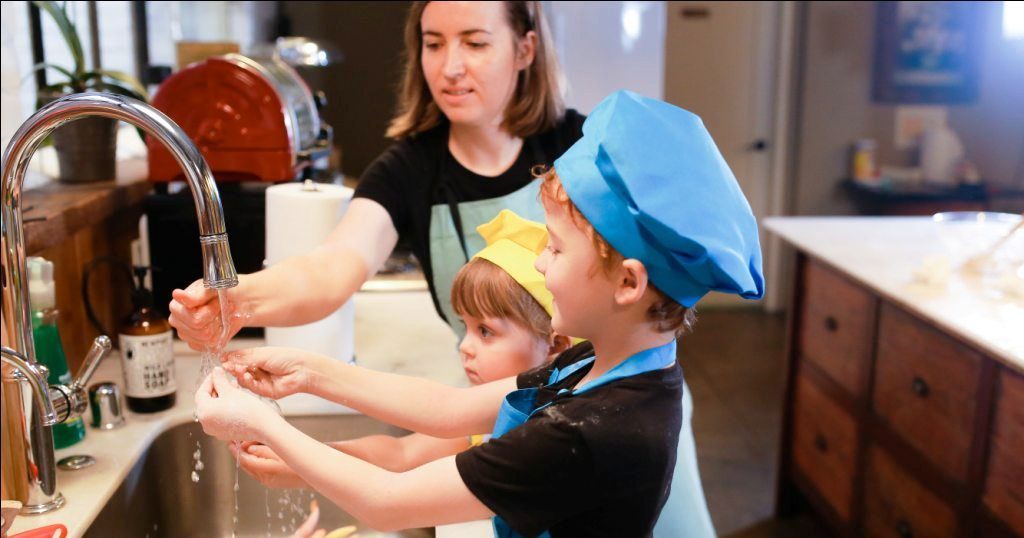Earlier, handwashing was just a habit, which mothers used to teach children at home and teachers used to remind students at school. People, who would wash hands frequently, were often subjects of ridicule by friends, colleagues and relatives. However, the Covid- 19 pandemic, which affected the world in early 2020, changed the picture completely! Yes, the pandemic has taught us that washing our hands at regular intervals, after returning home, before eating our food or even before touching our face, can actually save our lives!
Every year, Global Handwashing Day is celebrated on the 15th of October. The purpose of this campaign is to encourage people across the world to improve their handwashing habits.





